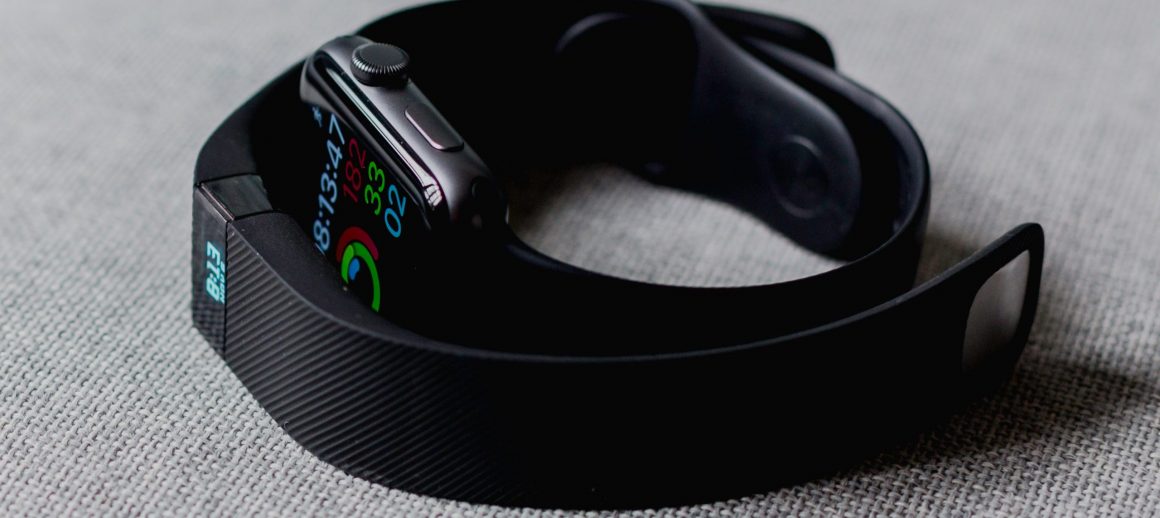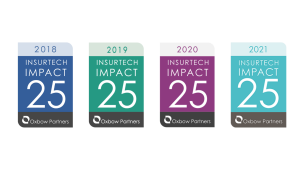HealthTech, ones to watch this year at ITC
21 October, 2020 James Tribe
As the content platform for ITC, Magellan™ is here to help you find relevant distributors and suppliers. This post focuses on the growing field of HealthTech and how it relates to insurance. Healthcare technology has an impressive presence at ITC this year, with around 50 vendors showcasing their products. Take a look at the Magellan collection to see which HealthTech companies are attending this year.
HealthTech – technology designed to enable or promote health that is consumed outside of a clinic or hospital environment – has been a hot topic in insurance for some years. This trend is going strong at the ITC conference this year. Dozens of start-ups are showcasing technology relevant to the healthcare ecosystem, from medical wearables and testing kits offering access to new biometric data, to affinity partners driving patient engagement.
We have previously observed that Life, Health and Pensions InsurTech investment has lagged behind General Insurance investment; but of the three, Health is pulling away. There have been several $100m+ investments into HealthTech startups, and a crowded market of smaller players has emerged. Meanwhile, incumbents such as Ping An have been building a presence in the HealthTech space for years (read more in our report here).
Intuitively, investor interest in HealthTech makes sense. Life and Pensions suffer perennially low engagement and underinsurance. Even in the USA, the world’s leading Life market by premium volume, close to 50% of people have no life insurance at all. By contrast, health and wellness are now cultural hot topics. The gamification, and quantification of health has already become the norm in many areas of daily life, from biometrics on our sleep, steps, heart rate and even teeth (Empident) to at-home blood tests and genetic testing kits (Genoplan).
The HealthTech ecosystem is also wide-ranging. Alongside consumer wearables, there has been an explosion of ‘m-health’ apps and platforms in the last few years. The solutions range from providing testing and monitoring tools for chronic conditions (e.g. Wellthy), prevention (UDoTest), and helping to connect patients to healthcare providers (DocDoc). We believe that for insurers, the winners will be those who don’t settle for simply more data, but are able to utilise new data sources and distribution methods to create genuine customer engagement. At the same time, innovative HealthTechs may require unique insurance of their own to cover cyber breaches, data privacy violations, and other unique risks.
Below we provide a sample of the HealthTech companies attending ITC this year.
Click here to see the full collection.

UDoTest provides self-sampling screening test kits intended to conduct colon cancer and other wellness tests for early detection of diseases.

Wellthy Therapeutics designs and deploys a platform that helps patients manage diabetes and a range of other chronic conditions. It also connects the patient to their healthcare ‘ecosystem’, such as their doctor or caregiver.
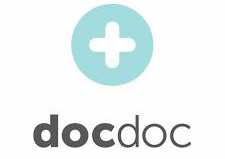
DocDoc provides an online doctor listing platform and uses HOPE, an artificial intelligence (AI) powered doctor discovery engine to find doctors based on the user’s medical needs. The platform lists information about clinics and doctors, along with location, sub-specialties, procedures available, and healthcare quality.
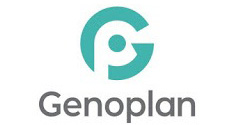
Genoplan provides genetic test kits for analysis of users’ health, using Big Data analysis to provide insights on overall health and susceptibility to various conditions.

Empident provides a toothbrush tracking app that supports a user in monitoring and improving their dental health. The user films him or herself brushing their teeth and receives ongoing monitoring, reports and recommended actions.

Dacadoo is a digital health engagement platform, that utilises AI and gamification features to allow users to manage and track their personal health and fitness. Dacadoo’s solution can be white labelled by life and health insurers so that they can deploy their own branded digital health engagement solution.

HeadUp Labs app analyses Apple Watch or Fitbit data to help users manage and improve their overall health and fitness. Using proprietary insight and user’s data, the solution provides users actionable insights on how to improve their overall health, including; fitness, stress levels and eating habits.

Lazarus has developed an app that helps users monitor tumorous moles and share results with healthcare professionals. Using a smartphone, users can scan moles or skin lesions which are then analyses to detect the risk of breast, cervical and pancreatic cancer.
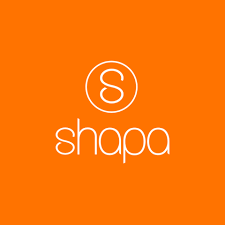
Shapa Health uses behavioural science and digital tools to help users monitor their weight and track their progress towards wellness goals. The solution can be integrated with third party fitness devices and apps, allowing Shapa to provide more accurate insights and feedback.
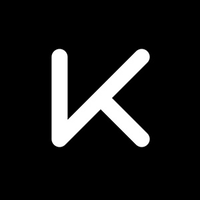
Kit is a provider of at-home health testing solutions, allowing businesses to deliver a safe, reliable and convenient alternative to doctor & laboratory visits.
